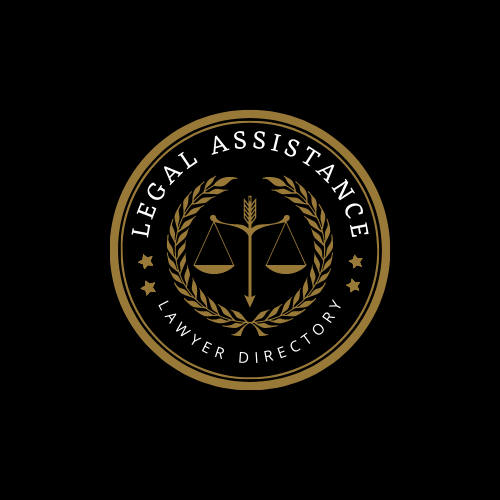1: Understanding Personal Injury Law Basics
- Introduction to personal injury law: Its purpose and significance in society.
- Explanation of key legal terms and concepts such as negligence, duty of care, and liability.
- Overview of the legal process in a personal injury case: From filing a claim to potential trial.
2: Steps to Take After an Accident
- Immediate actions to ensure safety and well-being: Calling emergency services, if necessary.
- Gathering evidence: Taking photographs, collecting witness statements, and preserving any physical evidence.
- Reporting the accident: Notifying the appropriate authorities, such as the police or workplace supervisor.
3: Seeking Medical Attention and Documenting Injuries
- The importance of prompt medical care: Ensuring your injuries are properly diagnosed and treated.
- Documenting injuries: Keeping detailed records of medical examinations, diagnoses, treatments, and expenses.
- How medical records can strengthen your personal injury claim: Demonstrating the link between the accident and your injuries.
4: Engaging with Insurance Companies
- Understanding insurance policies and coverage: Reviewing your insurance policy and identifying applicable coverage.
- Communicating effectively with insurance adjusters: Providing accurate and concise information, avoiding recorded statements.
- How to handle settlement negotiations: Evaluating settlement offers, considering long-term implications, and seeking legal advice if needed.
5: Hiring a Personal Injury Attorney
- Benefits of working with a personal injury attorney: Their expertise in navigating the legal system and maximizing compensation.
- Key considerations when selecting the right attorney: Experience, specialization, track record, and client testimonials.
- Understanding fee structures and legal agreements: Contingency fees, retainer agreements, and potential additional costs.
6: Assessing Damages and Compensation
- Types of damages in personal injury cases: Economic (medical expenses, lost wages) and non-economic (pain and suffering, emotional distress).
- Factors that influence the value of your claim: Severity of injuries, impact on daily life, future medical needs, and liability assessment.
- How to calculate and negotiate for fair compensation: Working with your attorney to determine an appropriate settlement amount.
7: Statute of Limitations and Filing a Lawsuit
- Time limitations for filing a personal injury lawsuit: Understanding the statute of limitations in your jurisdiction.
- Steps involved in initiating a lawsuit: Preparing the complaint, filing with the court, and serving the defendant.
- Exploring alternative dispute resolution methods: Mediation and arbitration as alternatives to trial.
8: Building a Strong Case
- Importance of evidence gathering and preservation: Collecting relevant documents, photographs, videos, and witness statements.
- Identifying and interviewing witnesses: Gathering testimony to support your version of events.
- Expert testimony and its role in strengthening your case: Consulting with qualified professionals to provide specialized knowledge.
9: The Discovery Process and Preparing for Trial
- Overview of the discovery phase: Exchanging information and evidence with the opposing party.
- Strategies for responding to requests for information: Balancing transparency while protecting your rights and privacy.
- Tips for preparing for trial and presenting your case effectively: Organizing evidence, preparing witnesses, and working closely with your attorney.
10: Navigating the Legal Process and Settlements
- Overview of the stages in a personal injury case: Pre-trial motions, jury selection, trial, and potential appeals.
- Understanding settlement offers and negotiation tactics: Assessing the strength of your case and considering the risks and benefits of settlement.
- Exploring the trial process and the role of the jury: Presenting your case, examining witnesses, and understanding the jury’s decision-making process.
Conclusion:
- Recap of key suggestions and advice provided throughout the article.
- Emphasizing the importance of seeking professional legal guidance.
- Empowering individuals to protect their rights and pursue fair compensation in personal injury cases.

